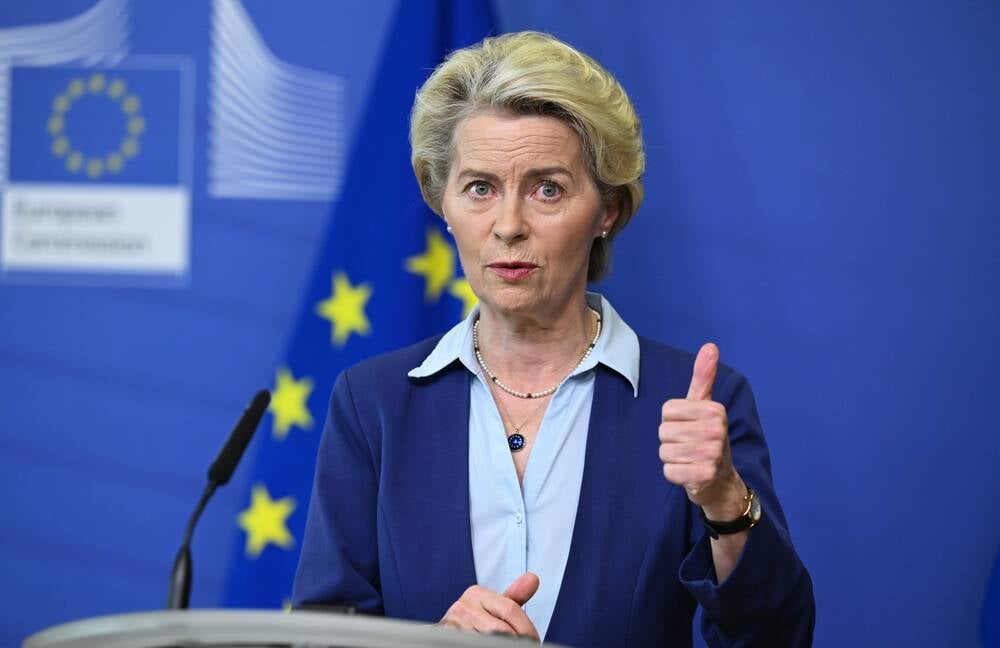
"The pact, announced on Thursday, confirms that Brussels intends to buy at least $40 billion worth of US AI chips for its computing centers, guaranteeing business for American suppliers and giving the EU the silicon it needs for its AI and cloud ambitions. Both sides also promised to align technology security standards to prevent "leakage to destinations of concern," with Washington pledging easier export approvals once safeguards are in place."
"The proposed deal, controversially, puts Europe's $20 trillion market firmly in the frame, with the Commission saying that it "intends to eliminate tariffs on all US industrial goods and to provide preferential market access for a wide range of US seafood and agricultural goods." The semiconductor terms are especially notable. US President Donald Trump had threatened a 100 percent tariff on EU and other chip imports, raising fears of a trade war that would have battered the industry."
"Instead, both sides settled on a 15 percent cap, which still stings but is preferable to doomsday scenarios. The same 15 percent ceiling also covers pharmaceuticals (except generics) and lumber. Trump had earlier threatened tariffs of up to 250 percent on pharma to push drugmakers back to the US."
The US and European Union finalized detailed terms of a broad trade pact that secures at least $40 billion in US AI chip purchases by the EU for computing centers. Both sides agreed to align technology-security standards to prevent "leakage to destinations of concern" and to ease US export approvals once safeguards are in place. Tariff ceilings of 15 percent will apply to autos, semiconductors, pharmaceuticals (excluding generics), and lumber, replacing threatened higher tariffs. The US will cut its 27.5 percent tariff on EU autos and parts to 15 percent contingent on EU legislation. The EU intends to procure $750 billion of US energy products through 2028 and to eliminate tariffs on US industrial goods while providing preferential access for many seafood and agricultural items.
Read at Theregister
Unable to calculate read time
Collection
[
|
...
]